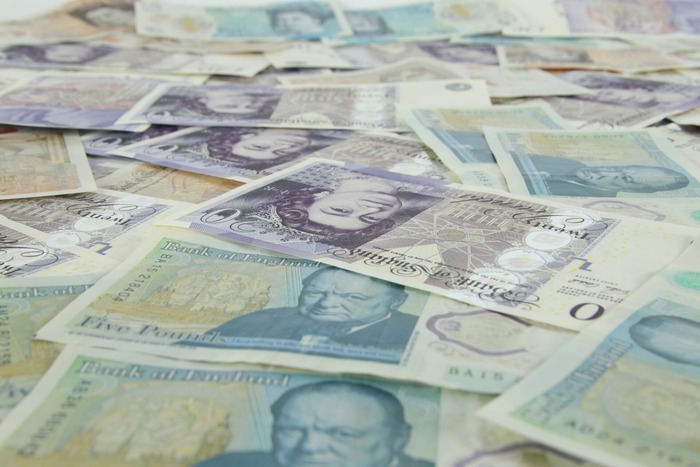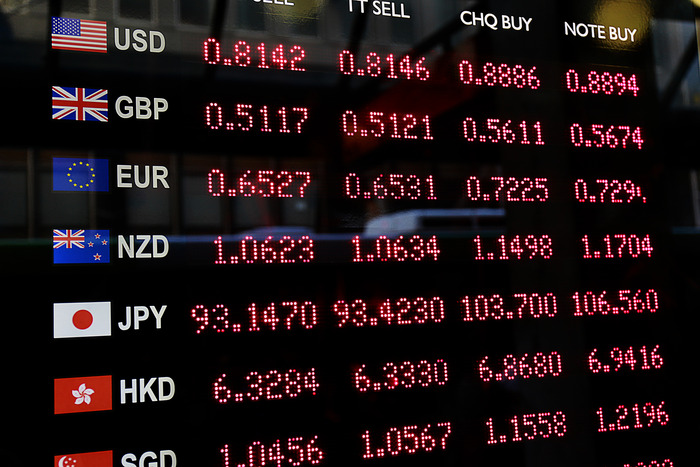Ever wonder why the value of a currency can just change almost overnight? Or why does your trip abroad suddenly cost more? Currency fluctuations are just part of how the global economy works. But for most, it remains a mystery.
Yet, knowing how these changes happen is super important. Mainly if you deal with international payments, investments, or even travel.
One main thing you should know is the role of the forex market. It’s this vast, fast-moving marketplace where currencies are traded 24/7. And it’s the main reason exchange rates keep changing. This guide will help you learn how to handle currency fluctuations from the basics to some advanced strategies like a pro.
Causes of Currency Fluctuations
Currencies don’t just change value randomly. They move up and down because of many factors. Understanding these is the first step. One big reason is supply and demand. When demand for a currency is high, its value goes up. When it’s low, it drops.
Geopolitical events also matter a lot. For example, if a country faces political trouble, its currency can lose value fast. The same goes for global events. Even something like a major company announcing bankruptcy can send shockwaves. Knowing these factors helps you stay prepared.
Building a Strong Currency Strategy
If you want to manage currency fluctuations well, you need a good plan. One popular way is hedging. This means using financial tools to lock in an exchange rate for a future deal. It protects you from sudden drops in value.
Another brilliant idea is diversification. Instead of using just one currency, you spread your money across several. So if one drops, you don’t lose too much. It’s a simple way to reduce risk. A lot of experienced investors swear by this approach.
Using Technical Analysis for Smarter Moves
If you want to go beyond the basics, technical analysis is worth learning. It’s about studying past price data. You look for patterns and use charts, indicators, and other tools to make wise choices.
A standard method here is trend analysis. You can understand whether a currency might gain or lose value by watching price trends. It’s not perfect, but it helps you make better predictions. Even beginners can start with simple charts and learn over time.
Keeping an Eye on Economic Indicators
Staying updated on economic indicators is super important. Gross Domestic Product (GDP), job data, and inflation rates can significantly impact currencies.
Many traders and investors use economic calendars to track these indicators. This helps them make informed decisions. By staying aware of the latest economic news, you can react quickly, avoiding losses and catching opportunities. It’s like having a map for your financial decisions.
Leveraging Expert Insights and Resources
Sometimes, dealing with currency fluctuations can feel overwhelming, especially for beginners. This is where expert insights help a lot. Online forums, news sites, and social media can give you the latest information.
If you understand currency movements seriously, follow experienced traders or analysts. There are lots of free and paid courses online that can help you build your skills. It’s always better to learn from those who have been there before.
Navigating currency fluctuations in the forex market like a pro is about knowing what drives exchange rates, using the right strategies, and staying informed.
Whether you’re just starting or already know a bit, having a plan and watching global events can make a big difference. So, next time you check an exchange rate, you’ll know what’s going on and what to do about it.


